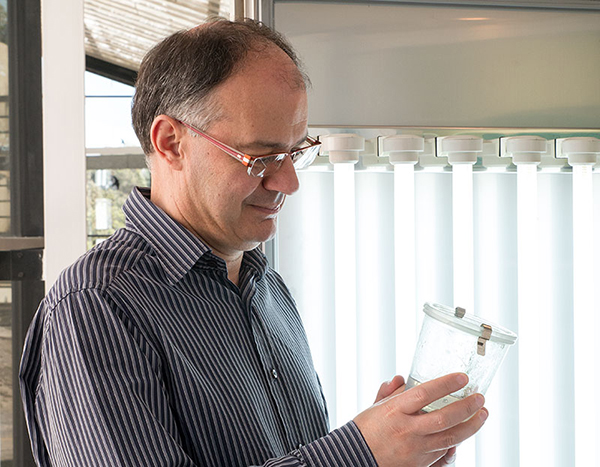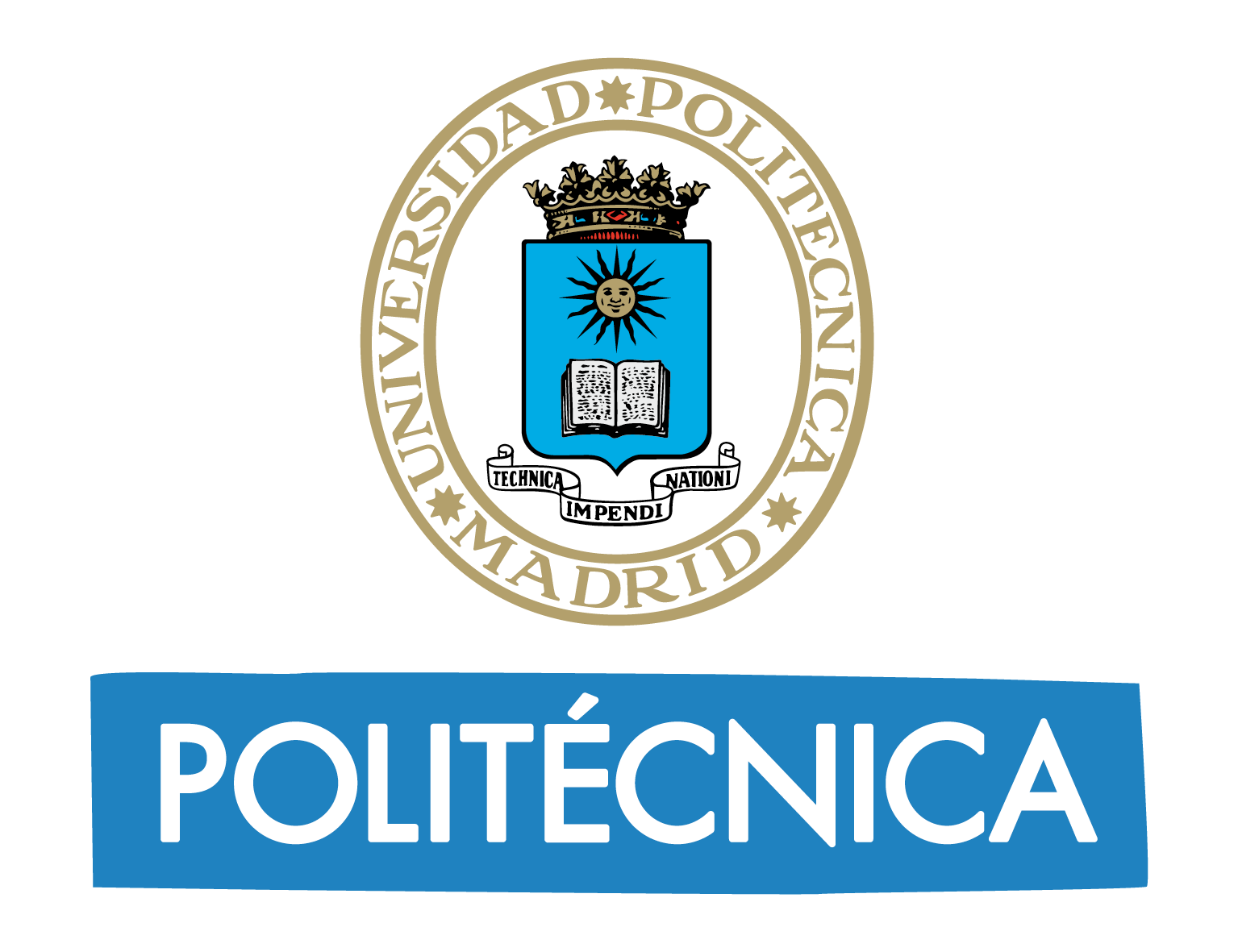UPM and UdL-Agrotecnio researchers make further progress in biological nitrogen fixation (BNF) in rice
Luis Rubio Herrero, CBGP researcher and ETSIAAB professor, is leading a study to develop cereal crops that fix their own nitrogen, which could drastically reduce the need for fertilisers.
07.10.2022
Researchers from the Centre for Biotechnology and Plant Genomics (CBGP, UPM-INIA) have cooperated with the University of Lleida-Agrotecnio (UdL-Agrotecnio) and the Catalan Institution for Research and Advanced Studies (ICREA) to create the first transgenic cereals that express two critical components of nitrogenase, the enzyme that fixes atmospheric nitrogen by converting it into ammonia.
Each component has been created in a different transgenic plant line and is biologically active in vitro or in living plants. However, since additional components are needed to build the complete nitrogenase pathway, these transgenic plants cannot yet fix their own nitrogen. Still, the work is pioneering in demonstrating for the first time that it is possible to express these highly oxygen-sensitive proteins stably in plants retaining their activities.

Luis Rubio
Crops need nitrogen to grow and be productive, as it is a major component of DNA, proteins, chlorophyll and energy-storing molecules, such as adenosine triphosphate (ATP). Most crops depend on nitrate and ammonium supplies from industrial synthetic fertilisers. However, more than half of these are not assimilated and therefore percolate into rivers and lakes as a significant source of pollution.
Leguminous crops, such as peas and beans, have bacteria that convert nitrogen gas directly into ammonia using an enzyme called nitrogenase. This process is known as biological nitrogen fixation. Introducing nitrogenase genes into crop plants would promote nitrogen fixation independently. However, the process is highly complex because many different individual proteins are needed, not only as direct structural components of nitrogenase but also as accessory proteins necessary for its assembly and energy supply. In addition, the main protein components are extremely sensitive to oxygen.

Paul Christou
Researchers overcame this crucial bottleneck by individually producing functional dinitrogenase reductase (Fe protein, NifH) and a nitrogenase cofactor maturase (NifB) in transgenic rice lines. Research on nitrogenase expression is usually undertaken in laboratory model plants. In contrast, by focusing on rice, a primary crop that provides the main or only source of calories for more than 2.500 million people in developing countries, the importance and impact of study results are substantially increased.
The importance of this work is explained by the project's leading researcher, Professor Luis Rubio of the ETSIAAB: "This is a breakthrough in bioengineering, as it overcomes two technical barriers and shows the way to generate nitrogen-fixing cereals." The achievement meets one of the main obstacles to biological nitrogen fixation in crops and lays the foundation for assembling a complete and functional nitrogenase complex in plants. Further work to establish plants containing the complete nitrogenase could have an ongoing impact on global food security, as Paul Christou, ICREA research professor and project head at the University of Lleida-Agrotecnio, explains: "One of the significant long-term impacts of the work would be in low- and middle-income countries, which cannot afford expensive nitrogen fertilisers."
The work has been published in two high-impact scientific journals, 'Communications Biology' and 'American Chemical Society Synthetic Biology', and it is part of a research programme funded by a grant from the Bill & Melinda Gates Foundation.


